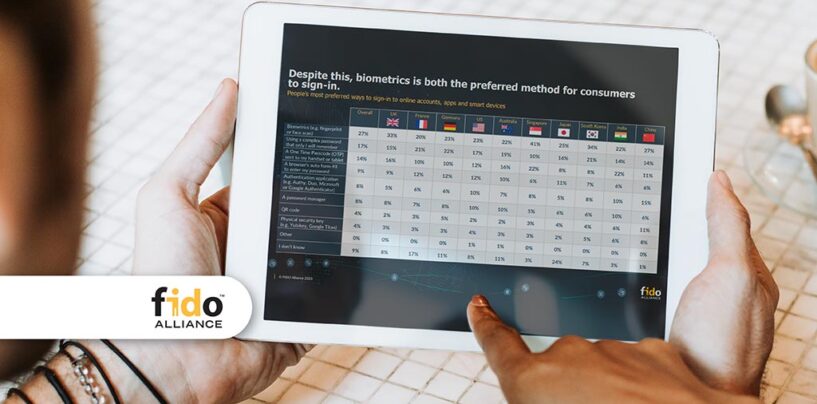
Posts From Rebecca Oi
SGQR+ May Redefine Transactions in Singapore
In the ever-evolving landscape of digital payments, interoperability has emerged as a critical factor in Singapore’s journey toward an innovative, inclusive, and efficient payment ecosystem. Quick Response (QR) code payments have swiftly emerged as the preferred payment method for businesses
Read MoreFIDO Alliance: Singapore Leads in Biometrics Adoption
In today’s increasingly connected world, the security and sanctity of our digital identities stand at the crossroads. As countless transactions and interactions shift online, our need for robust and reliable authentication measures has never been more pressing. Within this vast
Read MoreHarnessing Responsible AI in the Financial Sector
Artificial Intelligence (AI) has become integral to our daily lives, driving technological advancements and enhancing various industries, including finance. However, the increasing use of AI also raises concerns about responsible and ethical practices. It is essential to ensure that AI
Read MoreStaying Ahead in Asia Pacific’s Fraud Prevention Game
In the midst of a digital revolution sweeping through Asia Pacific, the region finds itself on the cusp of profound change. While this technological wave has brought unprecedented convenience and connectivity, it has also unfurled a shadowy side – a
Read MoreUnleash Digital Mastery at AWS Cloud Day Indonesia
In the rapidly evolving landscape of technology, the ability to adapt, innovate, and embrace change has become a cornerstone of organisational success. The imperative to embrace innovation and leverage cutting-edge tools is not just a strategic consideration; it’s an essential
Read MoreExploring the Australian CBDC Pilot for Digital Finance Innovation
In the fast-evolving world of payments, where preferences shift and technologies advance, the concept of a Central Bank Digital Currency (CBDC) has emerged as a focal point. This reflects the changing payment dynamics among households and businesses and the concurrent
Read MoreIs the World Prepared for Central Bank Digital Currencies?
Digital currencies, especially cryptocurrencies, have taken the world by storm with their volatile value and revolutionary underlying blockchain technology. Amidst this rise, a quieter but significant transition is brewing, led by the world’s central banks: Central Bank Digital Currencies (CBDCs).
Read MoreUncover Asia’s Fintech Pulse with 5 Reports and Whitepapers
In a rapidly changing financial landscape, knowledge is power. As businesses navigate the complexities of disruption, staying informed about the latest trends, strategies, and technologies is essential for survival and success. In this guide, we’ll explore a selection of reports
Read MoreFintech Basics: What is Buy Now Pay Later (BNPL) ?
Ever wondered what is buy now pay later? Imagine walking into a store, picking up a gadget or designer outfit you’ve been eyeing, and taking it home immediately without paying the full price upfront. This isn’t a shopper’s fantasy; it’s
Read More79% of Indonesian Financial Institutions Believe in Data-Driven Decision-Making
In an era driven by data and technological innovation, the financial sector finds itself at the intersection of analytics and business strategy. Indonesian financial institutions (FIs) recognise the game-changing capabilities of advanced analytics and are proactively aligning their strategies to
Read More








